Partnerschaft
Projektteilnehmer
Sechs öffentliche Universitäten in europäischen Städten, die im äußersten Westen (Lissabon) und im Osten (Novi Sad), im Süden (Pisa) und im Norden (Hamburg, Tallinn) sowie in der Zentralregion (Salzburg) der EU liegen, konsolidieren ihre bestehenden Partnerschaften, um sich den Herausforderungen und Chancen der COVID- und Post-COVID-Phasen zu stellen, vereint durch den Anspruch, innovative, inklusive sowie vernetzte Möglichkeiten für Lernende aller Altersgruppen in einem internationalen Kontext zu schaffen.
In der Regel sind wir lebendige und vitale Präsenzuniversitäten. Mit insgesamt mehr als 220.000 Studierenden und 26.000 Mitarbeiter*innen sind wir nicht nur wichtige Zentren der Hochschulbildung, sondern auch wichtige Einrichtungen für Gesellschaft, Wirtschaft und Forschung. Wir sind Orte der Innovation und der Internationalisierung, die für das lokale, regionale und nationale Umfeld von besonderem Wert sind. Mit ENLIVEN wollen wir gemeinsam Innovationen schaffen und digitales Lernen und Lehren mit Leben füllen.
Partners
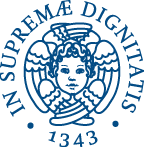
University of Pisa

Photo: UNIPI/Andreozzi
Founded in 1343, the University of Pisa (UNIPI) is a public institution with a long tradition, deeply rooted in its territory and fully integrated into the international scientific community. With its twenty Departments, it covers all main areas of teaching and research. It offers 58 undergraduate, 74 graduate and 28 doctoral programs, 68 third cycle specialization programs, and about 80 shorter programs. It has over 52.000 students, 2900 professors and researchers, and 1467 technical and administrative staff members.
The primary purpose of all UNIPI activities is the cultural and professional growth of the entire university community, the training of students and the increase of knowledge in various fields of research, achieved either individually or collectively by members of the academic community. In this context, the learning/teaching activities are directly connected with research activities.
According to the most recent Academic Ranking of World Universities (ARWU -2019) released by the Shanghai JiaoTong University, UNIPI ranks among the three top Italian Universities and the top 200 universities in the world. It has high-level research centres, in agriculture, astrophysics, computer science, engineering, medicine and veterinary medicine. In the 2020 QS World University Rankings by subject, UNIPI ranks among the top 100 universities in 4 subject areas.
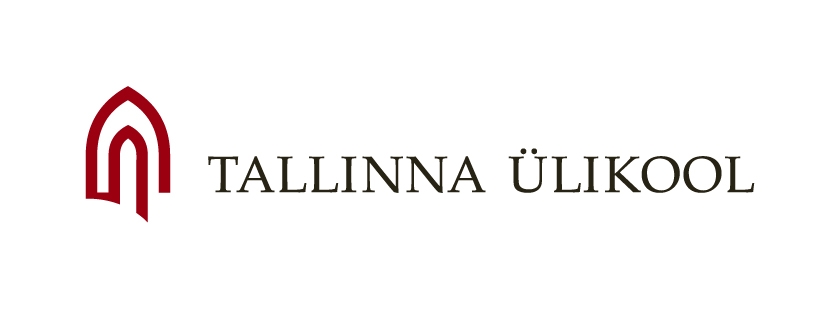
Tallinn University

Tallinn University (TLU) is a legal person in public law. In 2019, TLU celebrated its 100th anniversary. The university started in 1919 as Tallinn Teacher Seminar, later was reorganised into a university and from 1992 to 2005 operated under the name of Tallinn Pedagogical University. In 2005, a number of educational institutions and former Academy of Science institutes were consolidated into a single higher education institution Tallinn University.
In 2015, TLU underwent a major restructuring and now incorporates 6 schools and a regional college in which study and research is conducted in six different disciplines: educational sciences, humanities, arts, natural sciences, social sciences, and health sciences. By focusing resources and activities TLU develops five interdisciplinary research-based focus fields: educational innovation, digital and media culture, cultural competencies, healthy and sustainable lifestyle, and society and culture.
The mission of TLU is to support the sustainable development of Estonia by high-level interdisciplinary and international academic activity. Wishing to contribute more to society, TLU has set the goal of becoming the promoter of intelligent lifestyle in Estonia. The term Intelligent Lifestyle stands for making research-based decisions in order to improve society in general and the well-being of its citizens. Tallinn University supports the sustainable development of Estonia through high-quality research and study, education of intellectuals, public discussions and promotion of academic partnership.
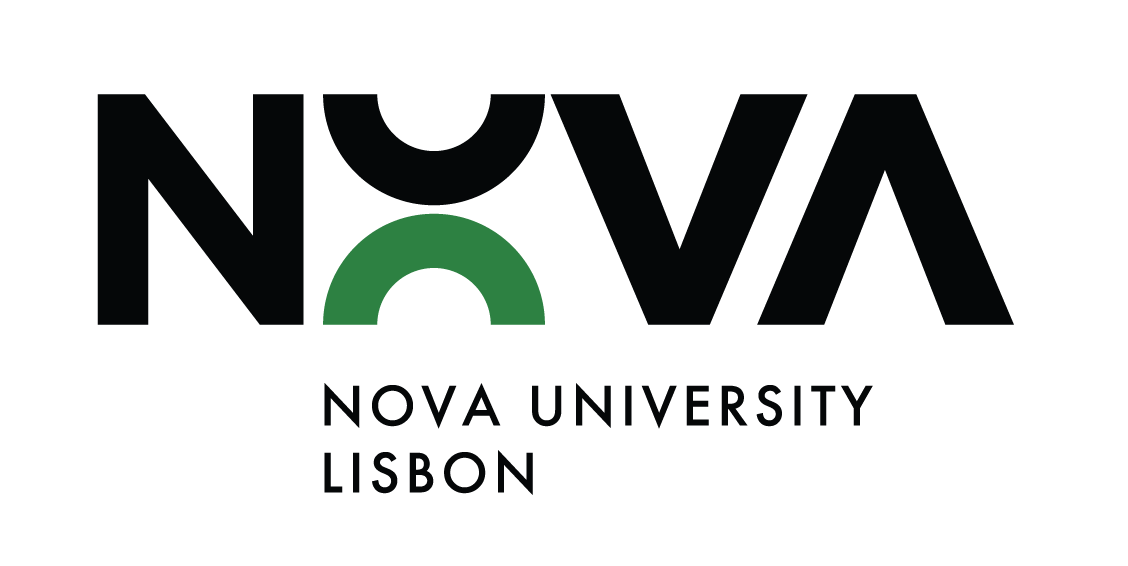
NOVA University Lisbon
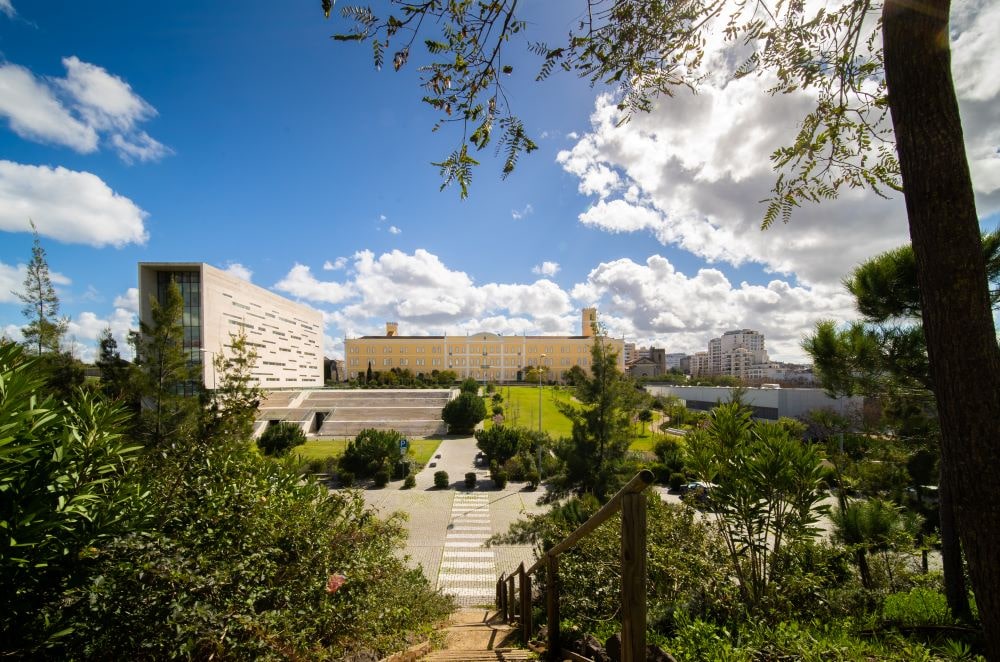
NOVA University Lisbon has a formative offer that is distinguished by quality and variety, in several areas of knowledge, fundamentally structured around undergraduate degrees, integrated master degrees, master degrees and doctoral degrees. NOVA is recognized internationally for its teaching excellence, focused on its students and providing them with rigorous knowledge, professional success and a spirit of leadership. It has a history of successful participation in international programs (Erasmus+, H2020 and others) projects and substantial cooperation and research with neighbouring countries of the EU, Africa, Latin America and Asia at the research and capacity-building levels.
As part of its experience, NOVA develops activities within open and distance learning and ICT new technologies digital competences: NOVA has an “e-learning Lab” that promotes training sessions and support, covering diversified topics in the use of e-learning solutions. There is also the “iNOVA Media Lab” that brings together researchers and practitioners working at the intersections of digital media arts, sciences and technologies, and that is now offering services of production of high-quality multimedia contents for teaching. NOVA has, since before the pandemic period, e-learning courses on different thematic fields and levels of study. Some examples are: the Postgraduate Studies in Statistics Applied to Health; the Master’s degree in Geographical Information Systems and Science; the Masters in English Language Teaching (TEFL); the Specialization Course in Epidemiology; the Master’s degree in Spatial Planning and Geographic Information Systems; the International Course in Health Management for the Development; Course open to the Community-Reading Volunteers aiming to boost the development of a national network of volunteers to promote reading; Open Courses in Multimedia; Evaluation in Health.
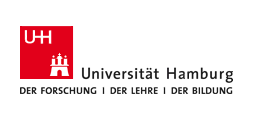
Universität Hamburg

Photo: UHH/Dingler
Universität Hamburg was founded in 1919 and is the largest institution for research and education in northern Germany. A national University of Excellence and a flagship university, Universität Hamburg unites diverse teaching and research excellence.
The University, reflecting its commitment to sustainability, nurtures innovative, cooperative contacts to partners within and outside academia. It also provides and promotes sustainable education and research and knowledge exchange locally, nationally, and internationally. Universität Hamburg, with its 675 professors, offers more than 43,000 students (13% international) approximately 170 degree programs in the following eight faculties: Faculty of Law; Faculty of Business, Economics and Social Sciences; Faculty of Medicine; Faculty of Education; Faculty of Humanities; Faculty of Mathematics, Informatics and Natural Sciences; Faculty of Psychology and Human Movement; and Faculty of Business Administration. Teaching excellence is reflected in the University’s focus on education through scholarship.
Studium Generale courses comprise a key component of undergraduate education and reflect the University’s commitment to training well-rounded graduates who are well equipped to tackle societal challenges. A number of master’s programs are offered in English, providing an additional international element to the University landscape.
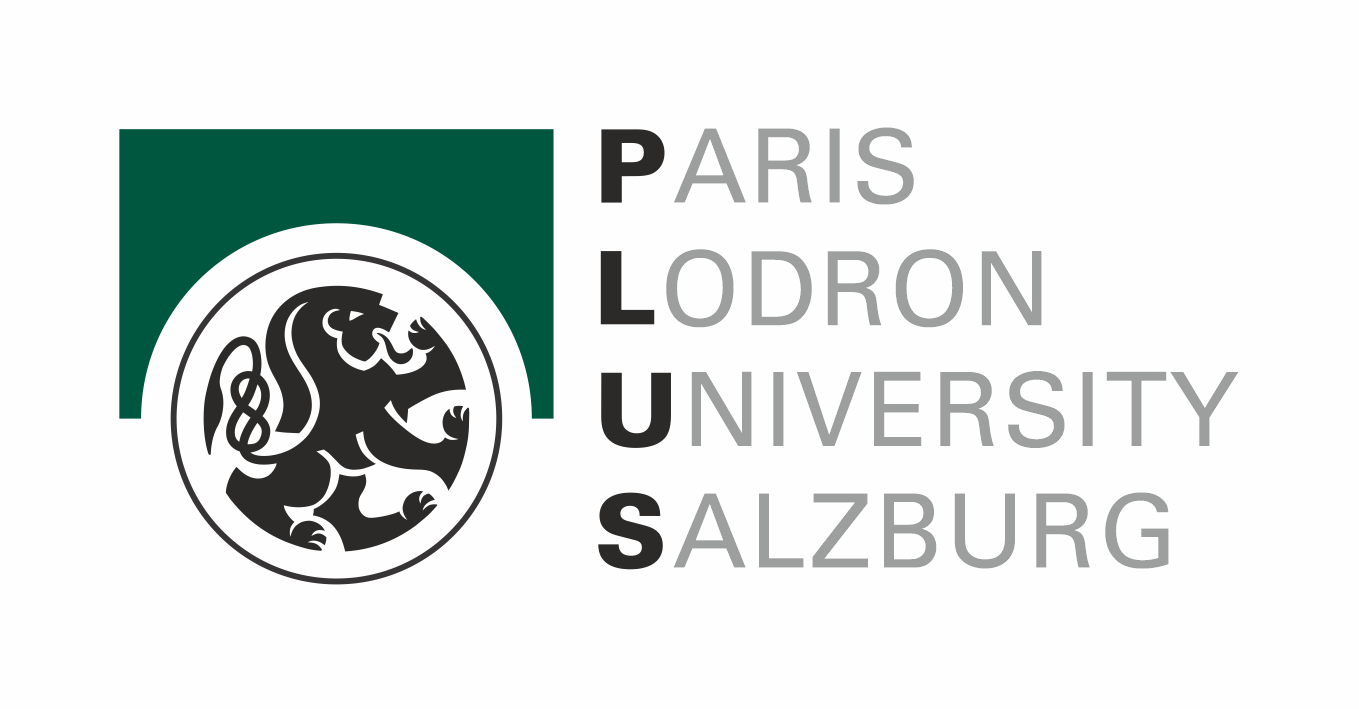
Universität Salzburg

Im Jahr 1622 eröffnete Fürsterzbischof Paris Lodron offiziell die Universität von Salzburg. Sie wurde von einer Konföderation von 33 Benediktinerabteien bis zu ihrer Auflösung im Jahr 1810 unterhalten. Seit ihrer Wiedererrichtung als öffentliche Universität im Jahr 1962 hat sich die Paris-Lodron-Universität Salzburg (PLUS) zu einer modernen, lebendigen Universität entwickelt. Teils im alten Stadtzentrum, teils auf dem modernen Campus an der Salzach gelegen, spielt die Universität eine wichtige Rolle im kulturellen und wirtschaftlichen Leben Salzburgs. Sie hat den Vorteil, eine Universität im menschlichen Maßstab zu sein und dient als Treffpunkt für Lehrende, Studierende, Wissenschaft und Öffentlichkeit. Derzeit sind knapp 20.000 Studierende an der Paris Lodron Universität Salzburg inskribiert. Von diesen Studierenden kommen rund 33% aus dem Ausland, entweder im Rahmen eines Mobilitätsprogramms oder im Selbststudium.
Die Paris Lodron Universität Salzburg besteht aus sechs Fakultäten (Fakultät für Digitale und Analytische Wissenschaften, Gesellschaftswissenschaftliche Fakultät, Katholisch-Theologische Fakultät, Kulturwissenschaftliche Fakultät, Natur- und Lebenswissenschaftliche Fakultät, Rechts- und Wirtschaftswissenschaftliche Fakultät). Derzeit gibt es drei Schwerpunktbereiche, die sowohl in der Forschung als auch in der Lehre ein strategisches Profil aufweisen, indem sie in ihren Bereichen Pionierarbeit leisten und übergreifende Stärken und Kompetenzen zu einer größeren Einheit verbinden. Diese sind: Allergy Cancer BioNano Research Centre, Salzburg Centre of European Union Studies (SCEUS), Centre for Cognitive Neuroscience.
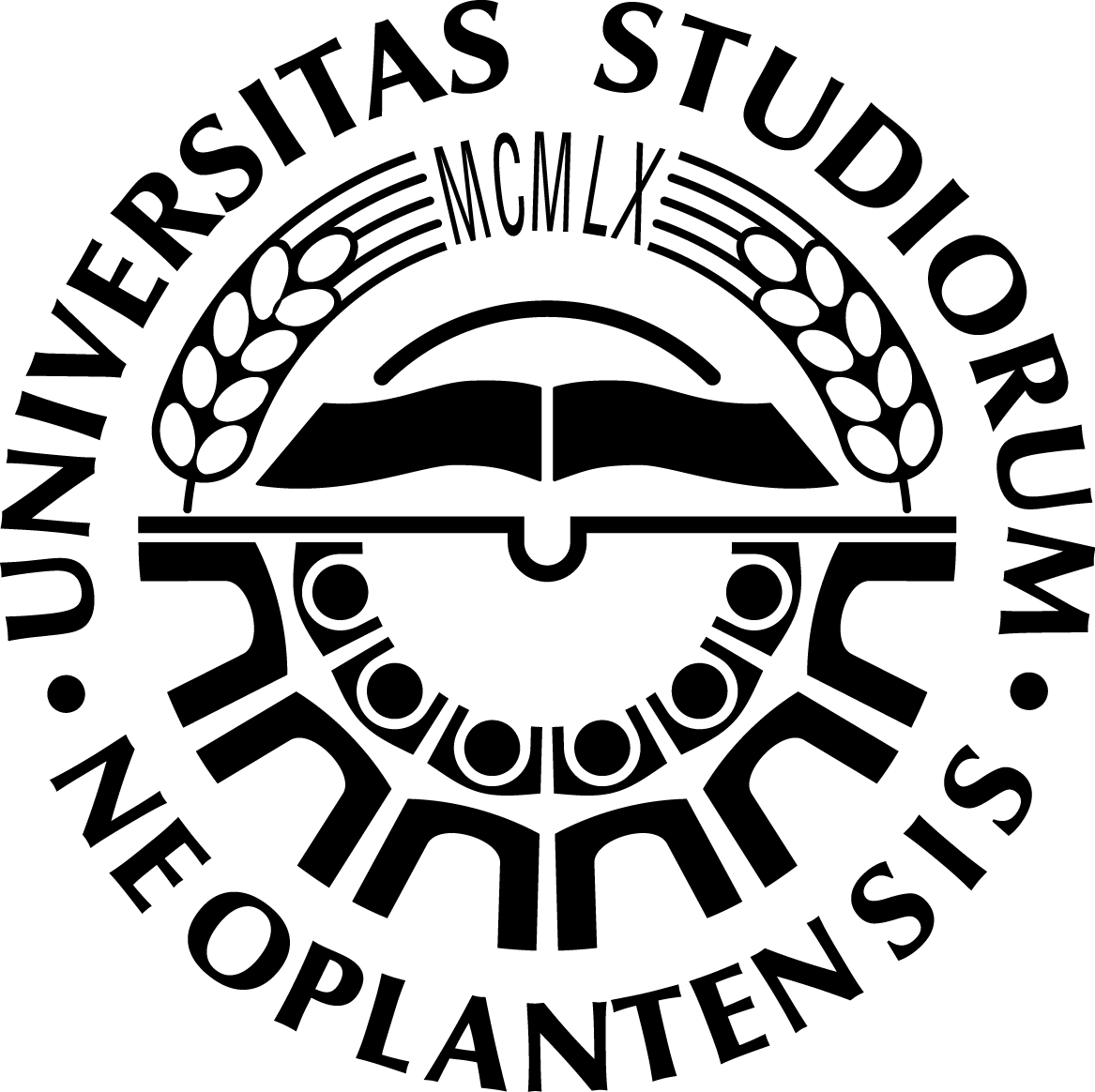
University of Novi Sad
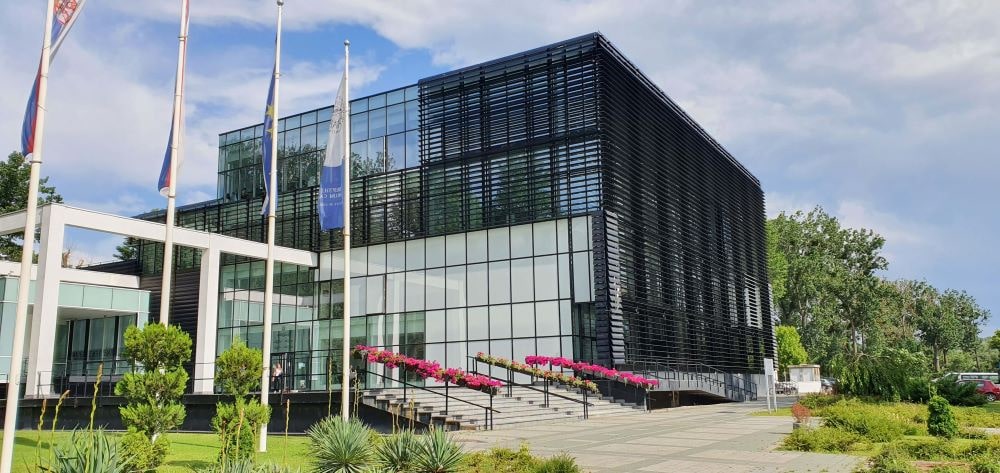
University of Novi Sad (UNS) set a new strategic goal to become more visible in the international research arena and recognized as excellent University. As a starting point in reaching this goal, It is very active in the international collaboration field participating in both educational and research projects (ERASMUS +, HORIZON 2020, EUREKA, COST, INTERREG, etc) and is considered to be the top leader both in the country and the region, where most of these projects were aiming at restructuring and reforming higher education processes, structures and programs.
Many projects implemented were referring to creation of a model for virtual learning environment and reinforcing digitalisation in the process of teaching and learning enabling more flexibility and opportunities both for students and teachers, as well as equipping young researchers with skills required for joint research initiatives. One of the brightest examples of projects that have largely contributed to the University of Novi Sad overcoming the crisis in education process caused by the COVID 19 pandemic as easily as possible is the MILETUS project, which aimed to strengthen the students’ mobility capacity building at HEIs while improving the employment opportunities of graduates and enhancing the quality of PhD students’ research and provided project-based learning (PBL) programmes in which students can gain knowledge and skills by working on the joint project.
A main result of the project was the collaboration platform which was giving students opportunity to experience virtual and blended mobility runs covering courses in a virtual digital environment. Nowadays SOVA platform is used as a main tool at the University of Novi Sad providing courses for all the faculties of the University for ongoing on-line education process.
